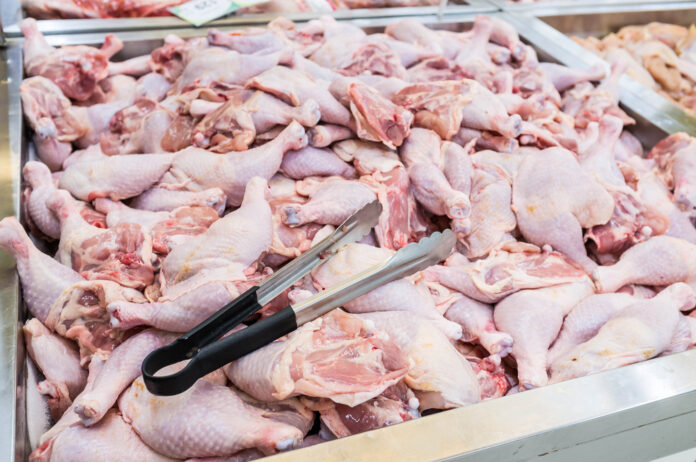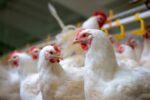Agriculture Secretary Francisco P. Tiu Laurel Jr. said Friday the slight increase in June inflation underscores the urgent need for the Department of Agriculture (DA) to intensify efforts in addressing food-driven price pressures—especially from fish, pork, and chicken.
The Philippine Statistics Authority reported headline inflation edged up to 1.4 percent in June from six-year low of 1.3 percent in May, primarily due to rising housing and utility costs, particularly electricity, and higher education expenses with the opening of the new school year.
While food inflation continued to ease—slowing to just 0.1 percent in June from 0.7 percent in May and a steep 6.5 percent in June 2024, this was largely driven by falling prices of rice, vegetables, and bananas.
Rice, which makes up a quarter of the food basket, posted a record year-on-year price drop of 14.3 percent in June, after declining 12.8 percent in May. More relief could be on the horizon for rice prices as the DA lowers the maximum suggested retail price of imported rice (5 percent broken) to P43 per kilo starting July 16.
The expanding reach of the P20 rice program of President Ferdinand Marcos Jr. could also help anchor price expectations. A closer look at the data, however, showed that among the top five contributors to the 1.4 inflation in June are the elevated prices of pork and chicken, up 13 percent and 10.4 percent, respectively, which together added 0.4 percentage point to the inflation rate.
“The good news is our rice initiatives are working, easing food costs for millions of Filipinos, especially the financially-challenged,” said Tiu Laurel. “But the data also tell us we need to move quickly to address supply gaps in pork, chicken, and fish.”
He said the DA is looking to expand sources of pork and poultry, with diseases like African Swine Fever still limiting local supply. To ensure imports benefit consumers, an MSRP for pork will be introduced in August, and potentially for chicken in September.
Tiu Laurel also met with fish importers recently, urging them to bring in affordable species that are not caught locally to provide consumers more choices amid price volatility.







